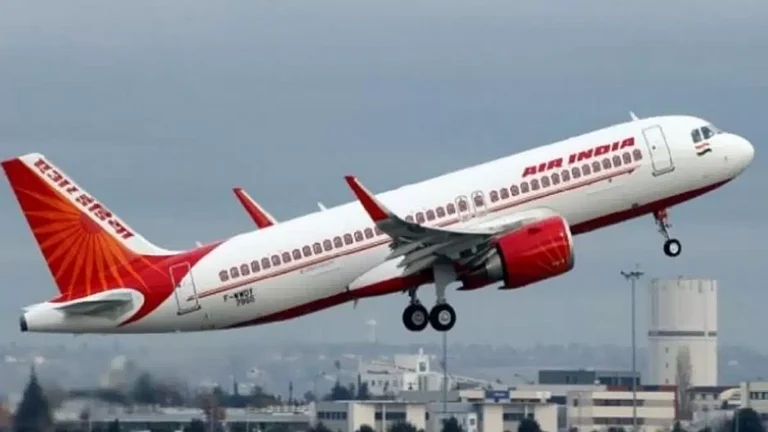Multinational aerospace and power systems major Rolls-Royce expects non-governmental business of its power systems vertical in India to outgrow the traditionally dominant government supplies by 2026-27, according to its top officials.
Rolls-Royce Expects Non-Govt biz in Power Systems to Outgrow Govt Supplies by 2026-27
The company, which sells MTU brand of products and solutions in India under its power systems business, is betting big on the boom in power solutions for data centres, semiconductor sites and other institutional backup installations, including factories
The company, which sells MTU brand of products and solutions in India under its power systems business, is betting big on the boom in power solutions for data centres, semiconductor sites and other institutional backup installations, including factories.
Rolls-Royce's power systems business, a specialist for large engines, propulsion systems and distributed energy systems, is marking 25 years of presence in the country with over 2600 MTU engines and gensets in service across naval and land defence, mining, and powergen sectors.
"India for us, from a power systems perspective, the focus was Navy, Army, servicing the products, as well as some mining business and some emergency backup power for some hospitals, or some critical infrastructure," Giovanni Spadaro, President, Global Markets Rolls-Royce Power Systems and Managing Director, Rolls-Royce Solutions Asia, told PTI.
He further said, "What happened now is that like in most part of the world, the data centre boom has kicked in and is kind of changing the picture of India." From a historically 70% governmental and 30% other business, Spadaro said,"The business this year is moving closer to 50-50, and then going forward, the other business will be stronger..." Spadaro outlined three pillars of growth -- data centre, gas engines and uninterrupted power for semiconductor manufacturing -- for Rolls-Royce's power business in India from the non-governmental side.
When asked by when non-governmental is expected to surpass the governmental business, Rolls-Royce India Pvt Ltd Executive Vice-President and Managing Director MTU India Pvt Ltd, GS Selwyn said," Moving forward from (20)26-27 onwards, we'll be at a level of 60-40, — 60 towards powergen (non-government) and 40 towards governmental, while the overall pie is also growing in terms of the growth." Elaborating the strategy on the way forward, he said," The way we are looking at opportunities in India is number one on national security. We are strengthening national security through our competitively advantaged products both in naval as well as land defence." Earlier, the company used to source and sell but it has signed up with the three different entities to bring propulsion engine production into India as well as localisation for both naval and land defence requirements, Selwyn added.
On the non-governmental side, he said,"We were in the backup power solutions and we are continuing to build upon it. The semiconductors and electronic manufacturing services, automotive as well as flexible manufacturing solutions... they all need a critical power backup." In the growing data center market, he said the company has an installation coming up in Pune of a close to 170 megawatt data center "for a large global 'hyperscaler'".
"We are looking at signing up contracts with large players, global as well as local, in 2026," he added.
When asked about local manufacturing, Selwyn said,"We have uprooted a complete factory from Germany and brought it to India. We are producing for India, for the world, in Pune a particular series of power generation as well as rail underpack engines." These are exported to Germany, the US as well as certain Middle Eastern countries, he said, adding the local supply chain has been developed in India.
Spadaro said the company's target is to "double the quantities that we sell of this engine every year over the next three years".
When asked about the impact of President Donald Trump's tariff war, Spadaro said," The US was definitely one of the larger target markets. We have, at the moment, enough engines in the US to handle the volume for this year." Stating that the company is hoping for a "nice trade agreement between India and the US", he said,"If the tariffs would remain on the current levels, it would make it very difficult to sell it to the US, but then we would try to explore other markets than this." Acknowledging India's supply chain capability to produce and manufacture on a very competitive level, Spadaro said,"We are planning further localisations for some part of some military programs that are imminent."
